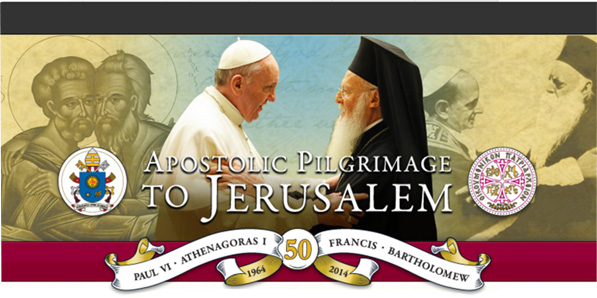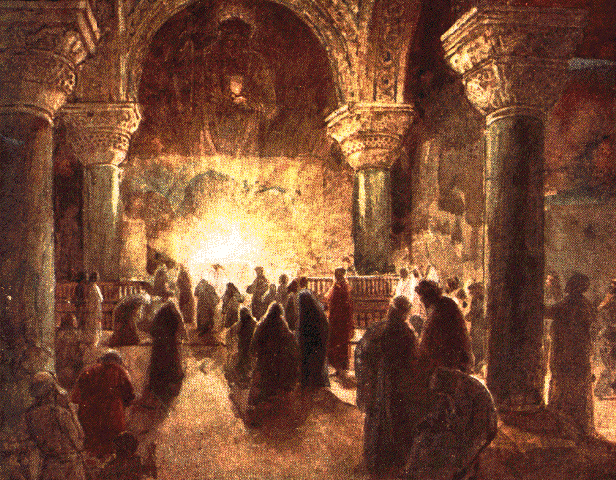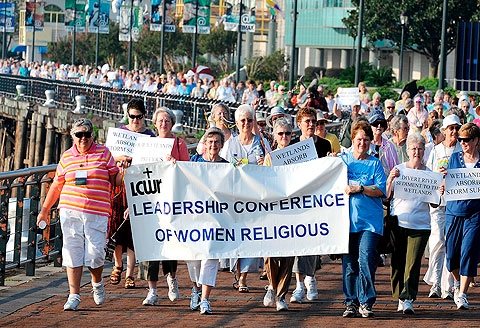
I sometimes wonder when the Holy Father is interviewed if what he actually said is reported or, if it is, are there difficulties in translation, or the Holy Father uses obscure or incorrect words by mistake, or is it the case that what he said and what he meant has been communicated accurately and correctly? I am asking these questions again following his recent interview in which he is said to have said that the Cause of the Venerable Pius XII is "stalled" or, as the Times of Israel would have it, "blocked". One of the things I do miss when it comes to this papacy is the clarity of Pope Benedict; when he spoke you knew what he was saying, even though the press often misreported what he said.
Anyway, I have to wonder at talk of Pius's Cause being "blocked" or "stalled". The initial report said that Francis, answering a question on the current status of the Cause, said there was no miracle and so the Cause was stalled. Now, to be honest, I do not want to contradict the Holy Father (if that is what he said), but I do not think "stalled" is a word I would use when it comes to the progress of a Cause, and certainly not of a recent Cause. And certainly not of one in which at least one alleged favour is reported to be under investigation at Diocesan level. We could say stalled if a Cause has been waiting on a miracle for a long time and no sign of a favour. For example the new Saints he canonised, their Causes may have said to have stalled since there was no sign of a miracle for Blessed Peter Faber or Blessed Angela of Foligno. I presume it was because their Causes had stalled he used his prerogative to canonise them.
What is more interesting was what the Holy Father said next: "I can't think of whether I will beatify him or not". What does that mean? Now remember he was coming back from a trip to the Middle East, and had just left Israel after a successful trip but having made a gesture that may well cause problems between the Church and the State of Israel in the months to come - the Holy Father's spontaneous stop at the Israeli security wall and praying at it as if at the Western Wall. That offended many Israelis, and I can only presume that he did not want to offend them again by saying he will beatify Pius. So, maybe, he ducked.
As we have come to expect, the Holy Father's response is intriguing if not clear. I would certainly hope that when a miracle comes and if he is still on the Chair of Peter he will beatify Pius - to do otherwise could be interpreted as a political move, and certainly it would be hard to defend such a decision, not when the historical record with regard to Pius's position in World War II has been clarified and the evidence supporting his heroic efforts to save Jews is there even if his critics refuse to engage with it. In saying what he said, is the Holy Father wondering whether or not to dispense the need for a miracle and beatify Pius, is he mulling over the possibility? Certainly that would confirm rumours coming from Vatican sources. Pope Francis seems to have a less administrative approach to Causes, he likes to dispense and it seems this may well be a norm for him in this pontificate.
Well, I think Francis should not worry about what to do, to dispense or not to dispense. I don't think he should dispense the need for a miracle for Pius, but rather allow the Cause proceed as per the administrative process. I say this for two reasons in particular. First beatification and canonisation are not the gift of a pontiff, they are a confirmation of what God himself has already done and made clear to the Church on earth; they are, in a sense, the expression of the will of God. The process is there to study the life and virtue of a person and then seek confirmation from God as to whether they are to be glorified. The Pope can dispense, but in my opinion it should be done rarely, it must not become the norm, and when it is done it should be done for good reasons that most, if not all, the faithful can understand.
Secondly, given that Pius's beatification will create controversy, I think it is best that it comes in response to a bona fide miracle. To beatify him without one will leave him and his Cause open to another avenue of attack, and we have enough of those to deal with. Let the Cause proceed normally, and when the miracle comes, beatify. Someone said to me recently that there now seems to be two levels of Blesseds/Saints: those who worked miracles and are beatified/canonised in a ceremony, and those who don't and are beatified/canonised in the office. I'm not sure where to go with that one, but if there is a danger that Pius be seen as a lesser Saint because he was dispensed the miracle it would not be good.
When the confusion created by his critics has been cleared up, the world has to see that there is much more to the man and the pontiff which is of relevance to the People of God in every age. Let his glorification come as a gift and a sign from God in God's time, as permitted by the process, so the eyes of the faithful can see the holiness of the man and not the controversy that has been created around him.















